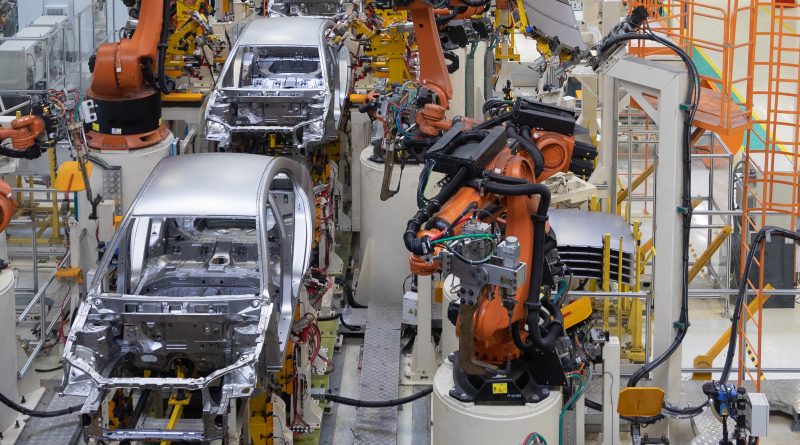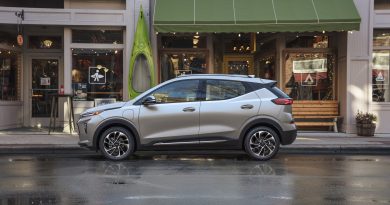“Yeah, No.” – The United Auto Workers.
At midnight last night, the United Auto Workers began the first of strike actions at three auto plants, each owned by a different automaker. The scattered initial strikes are intended to serve as bargaining leverage, and the UAW intends to rotate the strikes through different facilities. The plants currently targeted in strike actions are the Ford Michigan Assembly Plant in Wayne, the Stellantis Toledo Assembly Complex in Ohio, and General Motors’ Wentzville Assembly in Missouri.
On my Facebook, I posted a transcription (via Alex Press) of Shawn Fain’s speech two nights ago, in which the president of the UAW said:
“People accuse us of waging class warfare. There’s been the class warfare going on in this country for the last 40 years. The billionaire class has been taking everything and leaving everybody else to fight for the scraps. “[This reminds me of] Matthew 19:24: It is easier for a camel to pass through the eye of a needle than it is for a rich man to enter the kingdom of heaven. Why is it easier for a camel to pass through the eye of a needle than for a rich man to enter the kingdom of God? […] in the kingdom of God, no one hoards all the wealth while everyone else suffers and starves. In the kingdom of God, no one puts themselves in a position of total domination over the entire community […] that world is not the kingdom of God. That world is hell. […] Enough is enough. It’s time to decide what kind of world we want to live in, and it’s time for us to decide what we are willing to do to get it.”
In this speech, Fain doesn’t sound like the greedy oligarch that Jim Farley has attempted to paint him as. Let’s recall that the Big Three have enjoyed unprecedented, record profits– a quarter trillion in a decade– while wages have not appreciably increased. Let’s also recall that the bankruptcies resulted in negotiations that limited wages. Even the typically corporate-sympathetic media, which usually frames strikes in terms of the threat of economic losses rather than the potential gains from paying people a living wage and what that could do for the economy, has seemed a bit more sympathetic, with a reporter even asking Mary Barra point blank how she could justify denying raises to her workers when she herself was earning $29 million and had received huge raises in recent years.
Of course, this is probably what the Fed intended to happen– one idea being that increased interest rates would rein in still-hot economic growth numbers, including but not limited to driving up unemployment from historic lows. The UAW may well concede to whatever offer the automakers will produce. Or, they may keep the strike going until we’ve all run out of money. The tradeoff here is that the automakers would rather blow up their entire company rather than pay workers living wages with all of their profits. It’s probably about time we ask ourselves some tough questions about whether that’s ethically acceptable in a civilized society. I think not. We’ve been waiting 40 years for the wealth to trickle down and it isn’t happening.





